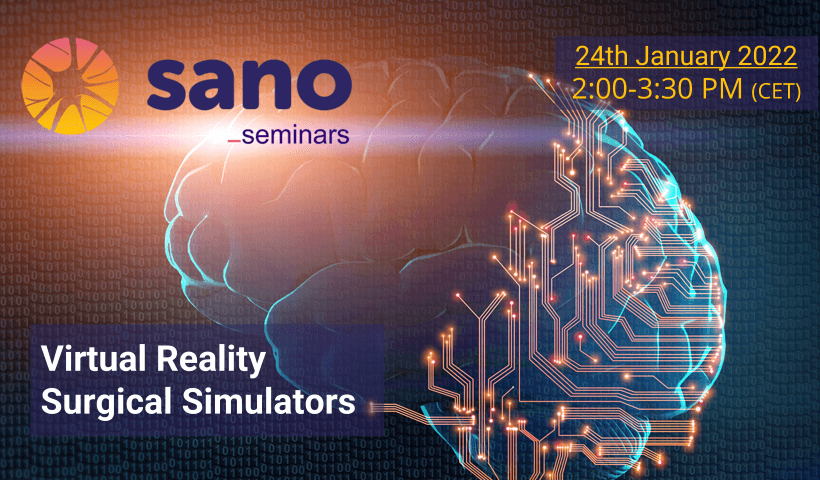Przemysław Korzeniowski obtained his MSc in Advanced Computing<Biomedical Applications> from Imperial College London in 2010. In 2016, he defended his PhD thesis on “Modelling and simulation of flexible instruments for Minimally Invasive Surgery in Virtual Reality” at Imperial’s Department of Surgery and Cancer, where he was a member of Simulation and Modelling in Medicine and Surgery (SiMMS) Research Group. His work and research at SIMMS focused on the development and validation of virtual reality simulators which helped surgeons to gain their operative skills in a virtual computer environment, without patient-safety issues or ethical concerns.
After defending his PhD, Przemek moved to Germany to gain practical experience in the industry at the R&D Department of Volkswagen Group. He was a key team-member of a newly established Virtual Engineering Lab, which was at the forefront of digital transformation of the whole Konzern. His task was to ideate, develop and deploy virtual and augmented reality software for new car development, which disrupted traditional car development processes. In mid-2021 Przemek joined Sano as Head of VR and Robotics. He got fascinated by possibilities of merging Sano’s expertise in machine learning with his simulated virtual environments.
His main research interests are virtual and augmented reality, real-time physically-based simulation, massively-parallel computing, haptic interfaces as well as aspects of software engineering and architecture of simulation software.





